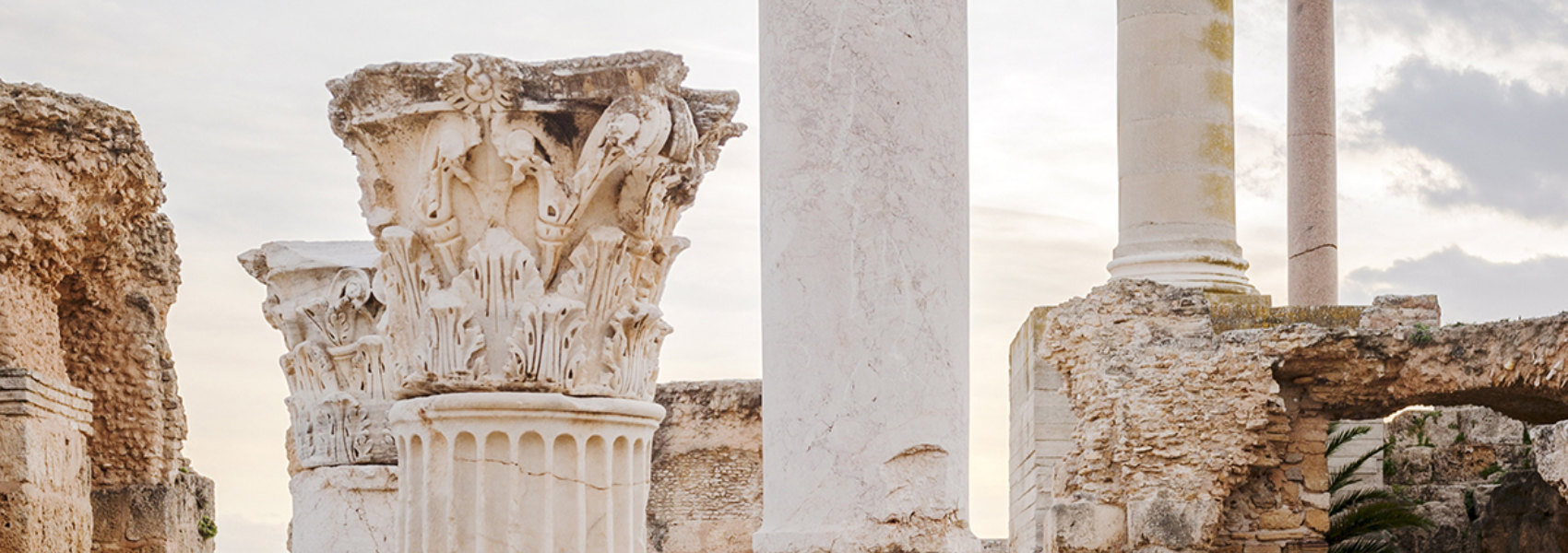
Published 27th Nov. 2025
Written by Emma Begley
Reading time
Tunisia is on the rise as one of the hottest tourist destinations of the 2020s, welcoming over 10 million visitors in 2024 alone. Travellers can head to the vibrant capital of Tunis for its bustling souqs, ancient ruins and myriad UNESCO World Heritage sites, or visit the sprawling beaches of Hammamet and Sousse for a spot of sun, sand and sea. Wherever you choose, you’re guaranteed rich culture and vibrant history – so it’s no surprise that many travellers are choosing Tunisia for their next getaway.
But is it safe to visit? Over the past few decades, tourism in Tunisia has been affected by safety concerns, including security challenges and cross-border conflicts. It’s completely understandable to be worried, but we’re here to put your mind at ease and provide all the information you’ll need when asking the question: ‘is it safe to travel to Tunisia?’
So, is it safe to travel to Tunisia? While most of the country is considered safe to visit, the FCDO advises against travel to specific areas. This includes along its borders with Algeria and Libya, which have unfortunately been the site of cross-border terrorist activity in recent years. These regions are easily avoided, however, by sticking to the east coast, which is home to the vibrant capital, Tunis, and the coastal cities of Hammamet and Sousse.
While these areas are generally safe to travel to, there is still a risk of terrorist activity. You may be aware that there has been a formal state of emergency in place in Tunisia since 2015, following a string of attacks. While this is (understandably) a cause for concern when deciding whether it’s safe to go to Tunisia, it’s important to stress that millions of travellers visit the country each year without incident. There’s a robust security presence throughout the country, and a number of counterterrorism initiatives are underway to protect travellers. To further minimise the risk, avoid crowded places and demonstrations, and ensure you always carry ID in case you're stopped by security personnel (a picture of your passport is enough).
As with any foreign country, you should always keep your wits about you. Tunisia has a relatively low crime rate, but petty theft is not uncommon, especially in crowded areas. To prevent this, stay aware of your surroundings, keep hold of your belongings and don’t carry unnecessary valuable items when out and about.
Unfortunately, as in many popular destinations, there have been occasional reports of sexual harassment and assault, particularly during the summer months. This can happen to anybody, but female travellers should stay especially vigilant. Additionally, same-sex activity is illegal in Tunisia, so LGBTQ+ travellers should bear this in mind and avoid public displays of affection if they choose to visit.
Tunisia is a Muslim country, so it’s important to be respectful and aware of local customs. While standard beachwear is fine when visiting the country’s beautiful beaches, both men and women should dress modestly in cities and towns. This is especially important when visiting religious sites, such as mosques, where it's essential to ensure that you cover your knees and shoulders. It’s also technically illegal for unmarried couples to share a hotel room, although it's unlikely that anyone will question you on this.
As with any new destination, there are a few general rules to be aware of. Although it’s tempting, it’s illegal to take photos of embassies, military and government buildings (so save your camera roll space for seaside snaps). There are also harsh drug laws in place throughout the country.
One last thing: many tourist sites and local shops only accept cash, so make sure to carry some with you while you’re out and about. ATMs are common, especially in busy tourist hubs, but they have been known to run out of cash over the weekend, so it’s best to stay prepared and visit the ATM before you’re out of money.
Disclaimer: it’s always important to check the travel advisories issued by your government before travelling to any foreign country. For the latest advice, please visit: https://www.gov.uk/foreign-travel-advice/tunisia.
Header image by Dagmar SCHWELLE/LAIF-REA.
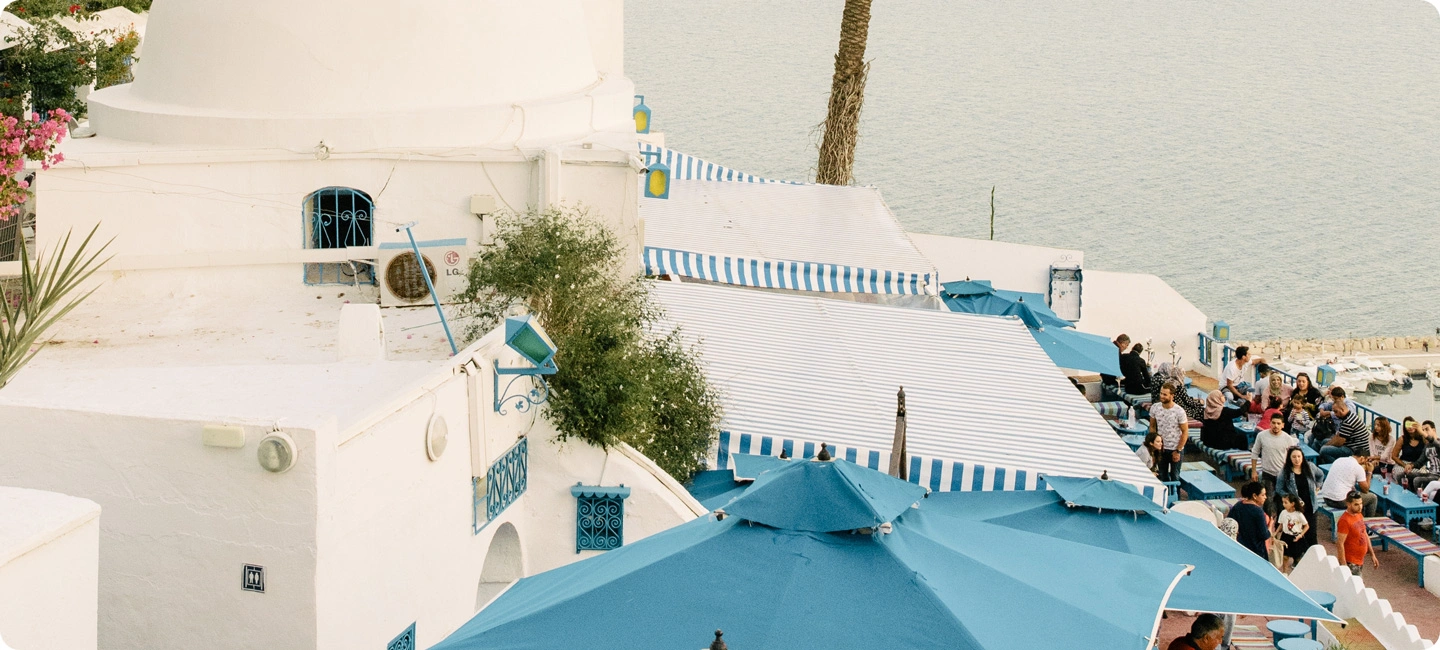
Travelling with us means enjoying a trip that has been meticulously crafted by our team of experts, each knowing their specialised country like the back of their hand. Tailor-made with originality, quality and cultural immersion in mind, we can customise itineraries based on your taste, be that an architecture aficionado, a food fanatic or an environment enthusiast. Working hand-in-hand with local Concierges and guides, we’ll uncover spots perfect for you. From hidden gems to iconic landmarks, our curated experiences are supported by an array of additional services, including a 24-hour helpline and an app full of recommendations.
ENQUIRE NOWPractical advice and inspiration for your next trip
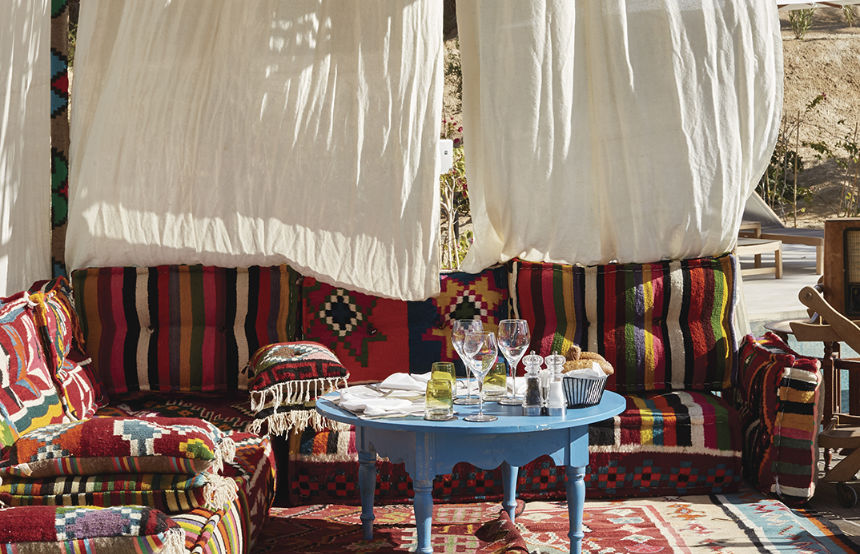
There’s more to Tunisia holidays than blissful beaches. History buffs are in luck with plenty of UNESCO World Heritage sites to explore, while architecture enthusiasts can admire the coastal towns’ white-washed facades. If natural wonders are more up your alley, Tunisia’s vast salt flats and towering palm groves are a must-see, while the artisanal treasures in the Medina of Tunis await those on a souvenir search.
9th December 2025 - Tunisia Travel Inspiration
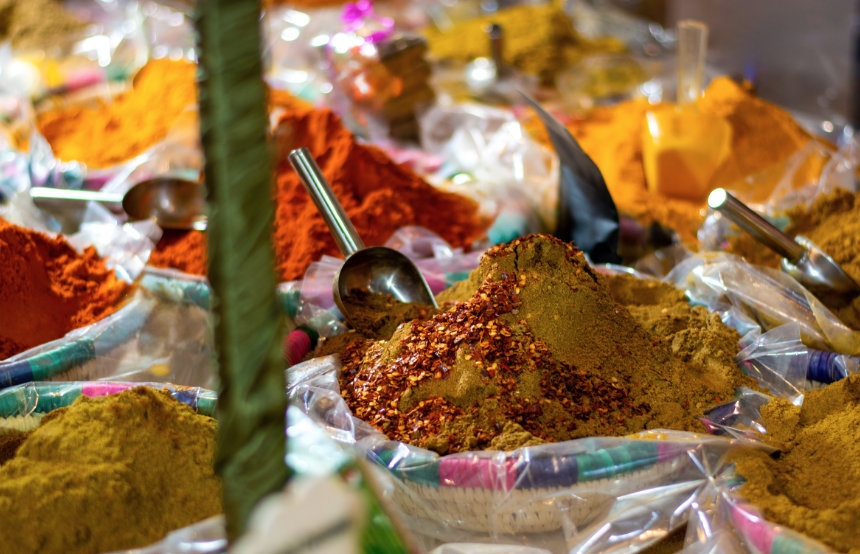
If you’re anything like us, then a country’s cuisine is pretty high up on your list when you’re planning a trip. Luckily, Tunisian food ticks all the boxes, whether you’re after a snack while strolling through bustling souqs, a hearty meal to set you up for the day or an after-dinner sweet treat. With culinary influences ranging from Berber and Ottoman to French, Tunisian cuisine is deeply rooted in family and community, with traditional recipes often passed down through generations.
24th November 2025 - Tunisia Travel Inspiration
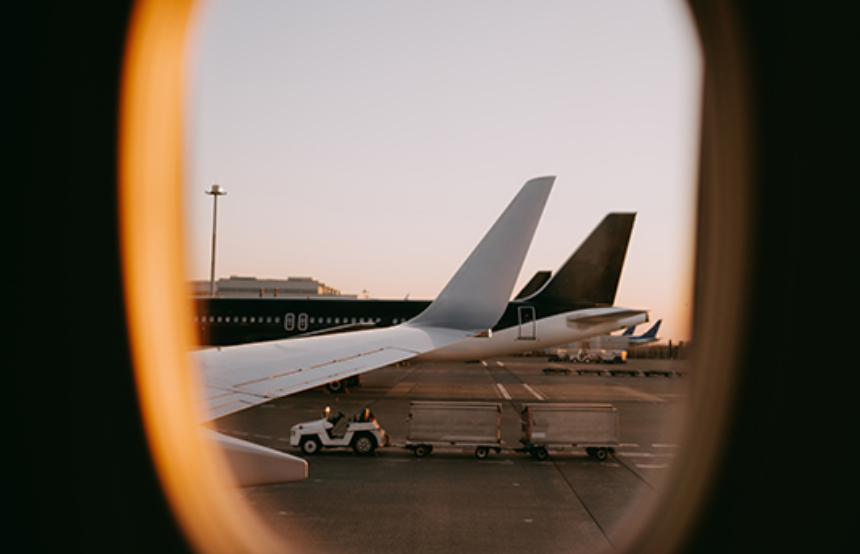
At Original Travel, we believe life is in the detail, and that applies as much to your peace of mind as it does to the perfect restaurant reservation. Booking your own travel might feel simple, but the real question is: who is looking after you when the unexpected happens? As a UK tour operator, we carry a legal duty of care for every client – a duty we take seriously, and then go well beyond (if we do say so ourselves).
11th February 2026 - Travel Tips

Our team of destination experts will get to know you and your unique requirements for your holiday

We work with you to build an ultra-personalised holiday itinerary with your choice of accommodation, experiences and activities

All of our holidays include little extras designed to make a big difference to your trip, from fast-tracking you through airport check-in and security to our network of local Concierges